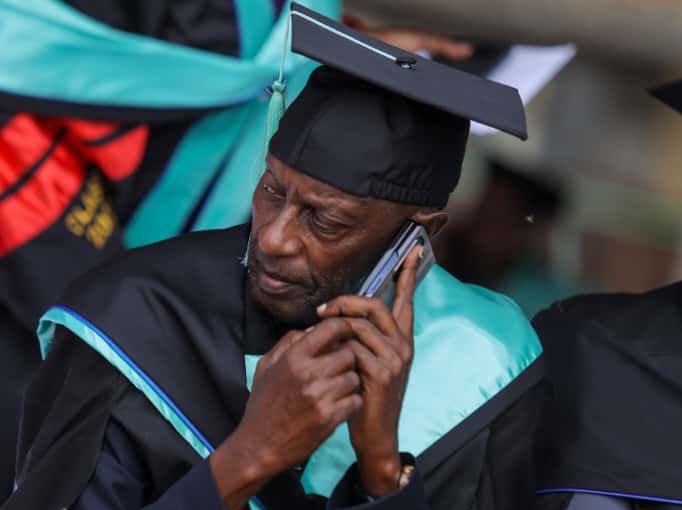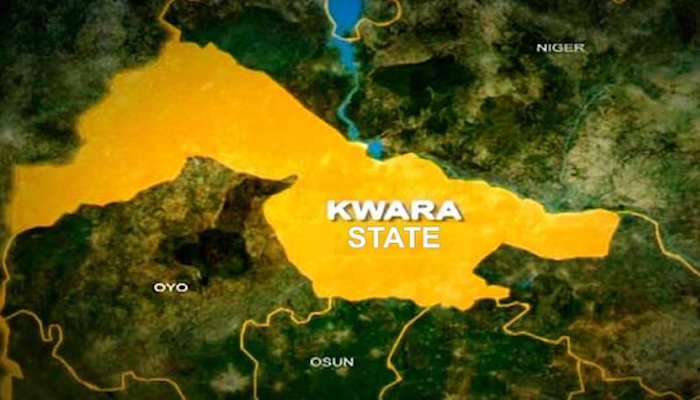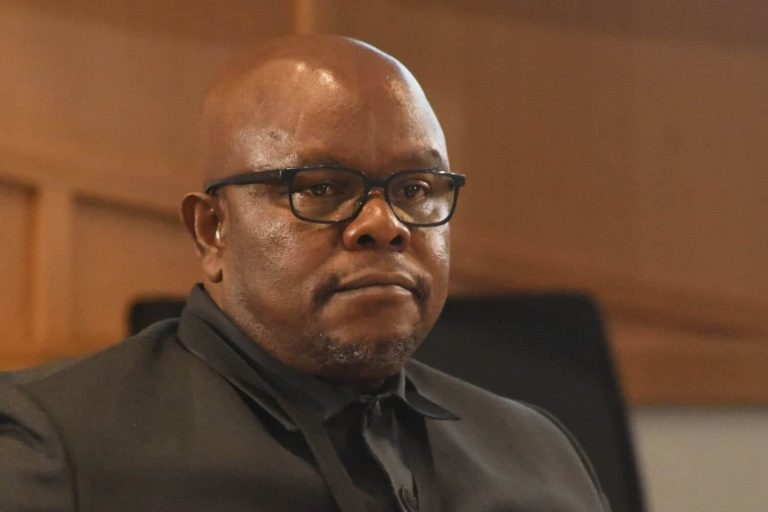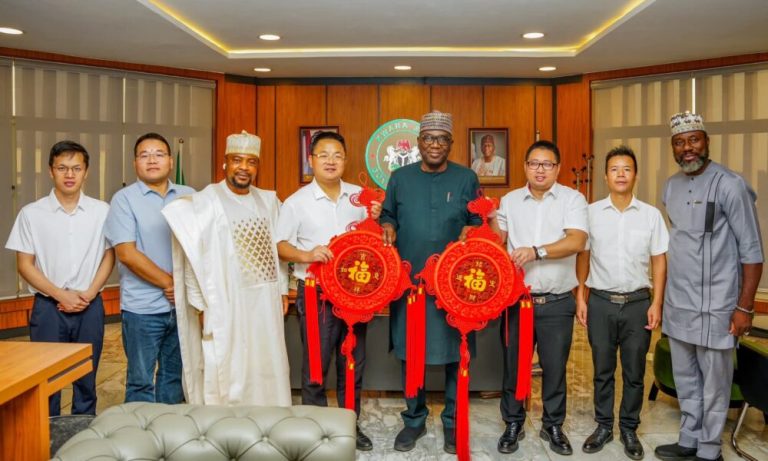
The fight for Lwemiyaga county has moved from village rallies to the quiet corridors of the Electoral Commission in Kampala, where one of Uganda’s most contentious nomination disputes is now unfolding.
Brig. Gen Emmanuel Rwashande, the NRM flag bearer, has written to the Electoral Commission (EC) asking for a formal copy of the petition seeking to nullify his parliamentary nomination.
His request follows a petition filed by his political rival, the incumbent MP Theodore Ssekikubo, who argues that Rwashande should never have made it onto the ballot. The petition, filed on November 14, hinges on two explosive claims: that Rwashande’s nomination papers were improperly commissioned, and that the academic qualifications he submitted to meet the constitutional threshold for MPs are fraudulent.
Ssekikubo, a fierce campaigner known for his combative political style, alleges that the dates on Rwashande’s documents do not add up.
“The nomination papers of the Respondent were prepared and signed on the 9th day of September 2025, and the Oath Authenticating Statement was commissioned on the 8th,” his petition reads.
He argues that the documents were effectively commissioned before they were signed illegally under the Parliamentary Elections Act and the Oaths Act. He goes further, challenging the legitimacy of Rwashande’s academic equivalents.
The documents submitted, including a diploma in Defence and Strategic Studies from China’s National Defense University, a 1998 Company Commanders Course from Tanzania, and a basic military qualification said to have been issued by the UPDF in 1982, form the basis for his advanced-level equivalency certificate granted by the National Council for Higher Education.
According to Ssekikubo, the 1982 certificate is impossible on its face. “The Basic Military Training Course Certificate of 1982 is in itself, forged and fraudulent,” he argues.
“It was purportedly issued by the Uganda People’s Defence Forces, UPDF, complete with its emblem and insignia, yet the UPDF is a creature of the 1995 Constitution.”
Under Article 80 of Uganda’s Constitution, an MP must have an advanced-level certificate or its equivalent. On that basis, Ssekikubo wants the EC to strike Rwashande off the ballot. Rwashande, meanwhile, says he only learned of the petition through the media.
In his letter to EC chairperson Justice Simon Byabakama, received November 17, he writes: “This is therefore a request for your office to furnish me with a copy of the petition… to enable me sufficient time to prepare a response.”
He adds that he is available to attend any hearing from November 24 onwards. At the EC headquarters last Tuesday, Ssekikubo told journalists that the commission had already fixed his petition for a hearing on November 18. He appeared dismissive of Rwashande’s request for more time.
“I am happy that this matter is being fixed, let it be heard,” he said. “He stands no chance… He shouldn’t waste the Electoral Commission’s time. He shouldn’t appear on the ballot paper.”
The two men, once political allies within the NRM, have become emblematic of Uganda’s shifting political terrain. Rwashande secured the ruling party’s flag on October 22, 2026.
Ssekikubo, who won the seat five times under NRM, is running as an independent after a bitter fallout with the party. The stakes are high. Lwemiyaga is a small, close-knit county where political loyalties are personal, not ideological.
Accusations like document fraud or improper commissioning are not mere technicalities—they cut straight to a candidate’s integrity. As the EC prepares to weigh the petition, residents back home are watching closely.
For them, the battle between Ssekikubo and Rwashande is more than a legal contest; it is a test of who they believe should represent them at a moment when politics feels increasingly fragile.
Whether the Commission upholds or nullifies Rwashande’s nomination, the outcome will ripple far beyond its offices. In Lwemiyaga, every vote—and every document—now carries the weight of a political history still being written.



